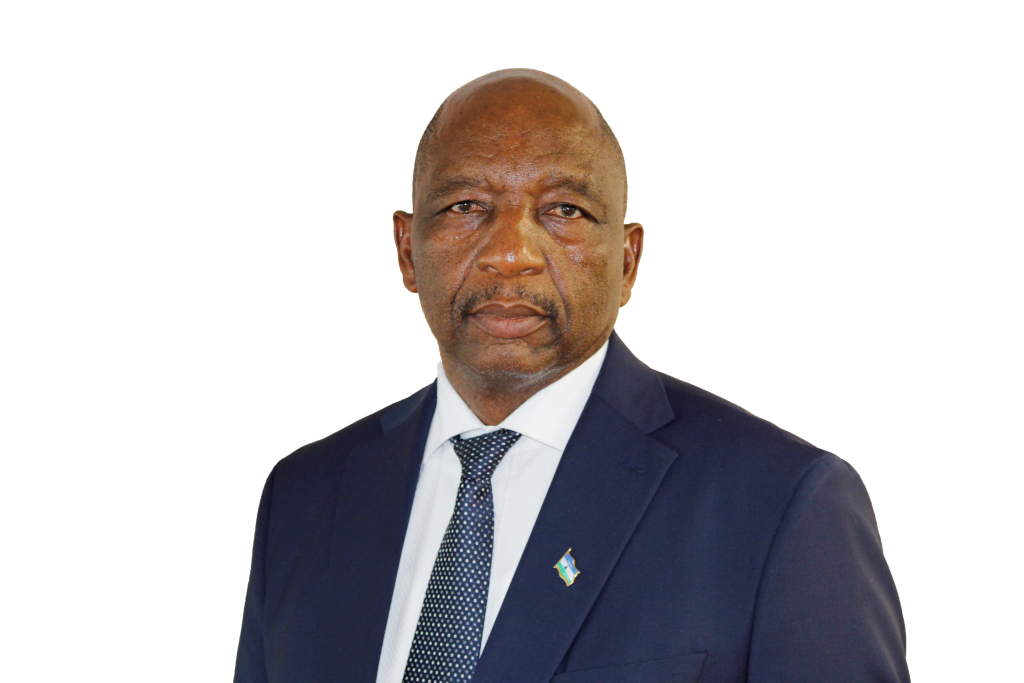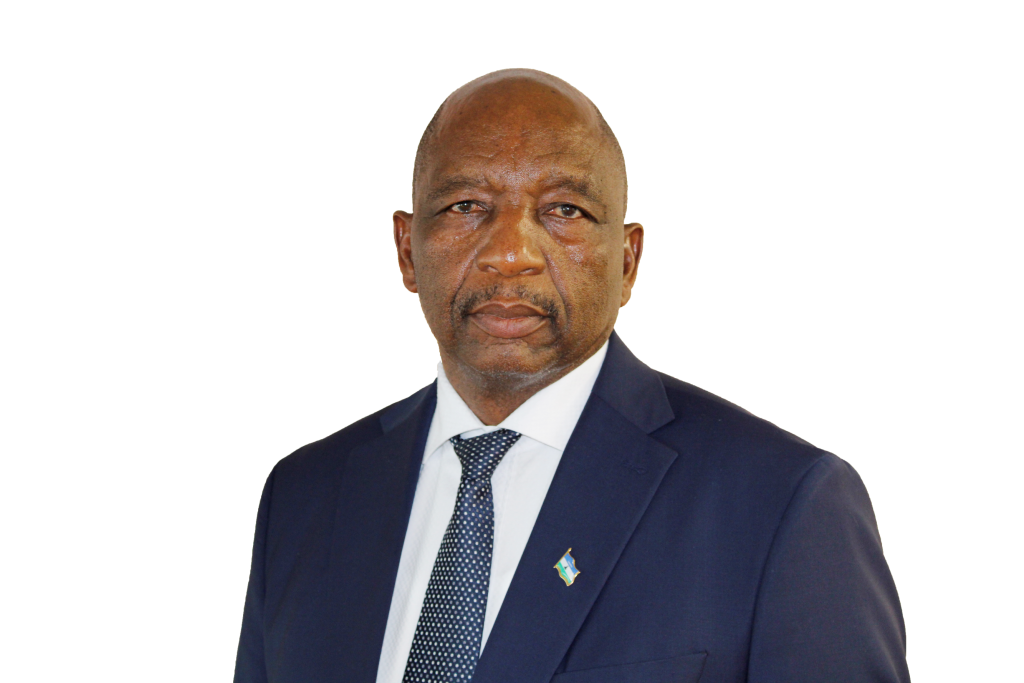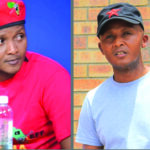- Denies that the lack of food poses a threat to life
- Says the government has no duty to provide food for its people
Ntsoaki Motaung
There is no right to food and the government has no duty to provide food for its people, Prime Minister Ntsokoane Samuel Matekane told the High Court.
“It is denied that there is a right to food. I further deny that the right to life is inclusive of emotional, intellectual, or spiritual needs. The right to life literally pertains to non-deprivation of one’s life, which I must add may be deprived as captured in Section 5 of the Constitution,” Matekane stated in an answering affidavit.
He was responding to a constitutional challenge initiated by the Christian Advocates and Ambassadors Association, which aims to compel the government to implement food subsidies following the recent price increases of maize meal.
According to the United Nations (UN) Special Rapporteur on the right to food, people indeed have the right to food.
The right to food is defined as the right to have regular, permanent, and unrestricted access—either directly or by means of financial purchases—to adequate and sufficient food corresponding to cultural traditions and ensuring a fulfilling and dignified life free of fear.
This definition aligns with General Comment No. 12 of the UN Committee on Economic, Social, and Cultural Rights, which states that “the right to adequate food is realized when every man, woman, and child, alone or in community with others, has physical and economic access at all times to adequate food or means for its procurement.”
The committee further emphasises that “the right to adequate food should not be interpreted in a narrow or restrictive sense equating it with a minimum package of calories, proteins, and other specific nutrients.”
“The right to adequate food will have to be realised progressively. However, States have a core obligation to take the necessary action to mitigate and alleviate hunger even in times of natural or other disasters,” the Special Rapporteur explains.
States have an obligation to fulfill (provide) the right directly when individuals or groups cannot, for reasons beyond their control, enjoy the right to adequate food by their means. This also applies to victims of natural or other disasters.
In his answering affidavit, Matekane also denied that the lack of food poses a threat to life.
“Life is not dependent only on food as there are other contributory factors,” he said. “I vehemently deny that a person who has access to food leads a healthy life. One can have access to food and still live an unhealthy life,” he added.
Matekane further “vehemently” denied that the government has a duty to provide food for its people.
“It is noted, however, that Section 25 indeed realises that the government, depending on or subject to the limit of its economic capacity and development, may progressively realise the principles as appear under Chapter III,” he said.
He added that he was also not aware of any law which provides that food prices cannot in law be permitted to rise.
Chapter III of the Constitution lists principles of state policy which form part of the public policy of Lesotho.
These principles, however, are not enforceable by any court but, subject to the limits of the economic capacity and development of Lesotho, guide the authorities and agencies of Lesotho, and other public authorities, in the performance of their functions with a view to achieving progressively, by legislation or otherwise, the full realization of these principles.
Matekane informed the court that around November 2023, the Lesotho Meteorological Services (LMS) predicted poor rainfall performance attributable to El-Nino, which affected most of the Southern African Development Community (SADC) region.
Because of these predictions, the Disaster Management Authority (DMA) invited relevant stakeholders like the Ministry of Agriculture, Food Security, and Nutrition, Ministry of Health, and some international organisations to discuss the predictions to reduce risks involved and emerging ones, and as an early warning tool to the country pertaining to various shocks like droughts, heavy rains, and snow.
“DMA, therefore, convened a plenary meeting to address interventions to curb the situation as predicted by the LMS. It was during this meeting that the plenary agreed that the Lesotho Vulnerability Assessment Committee (LVAC) conducts an assessment,” he said.
He narrated that this committee conducts its study or assessment every year during the last week of May, but the study was conducted earlier due to the predictions by LMS.
“It is also important to highlight to the Court that this study is conducted in three phases. The first phase is the collection of data and this is where LVAC goes to the communities wherein the Chief, Community Councillor, and other prominent people are interviewed to solicit information about the livelihood of the people, and the said households being interviewed as a means of corroboration follows this,” he said.
The second phase involves analysing the collected data, and the third and last phase is issuing a report to the government with recommendations.
“It is equally important to inform the court that the basis of this study is to determine the prevailing situation, that is, to ascertain the livelihood of the people, the level of shock, hazards, or occurrences. This study informs the direction that the government has to take, which may include food subsidies, food parcels/items, or the declaration of a state of emergency,” he said.
He told the court that phase one has been completed and that LVAC is on phase two, which is the analysis stage, and LVAC, as its mandate, is analyzing the data which will be followed by the report.
“As stated earlier again, it is only after the issuance of the report that the government can elect to subsidize, declare a state of emergency, or give food parcels depending on the situation that is backed by the report.
“The position is clear, therefore, that before the said process, the government cannot make any decision regarding either subsidizing maize meal or declaring a state of emergency. It has to make an informed decision based on empirical evidence.
“Lastly, I want to be candid with the Honourable Court and contend that as of now, I am not in a position to state clearly whether the government will subsidize food or not. This will be dependent on the report, which I must hasten to add will determine if the government will be in a position to subsidize or not,” Matekane concluded.
Summary
- The right to food is defined as the right to have regular, permanent, and unrestricted access—either directly or by means of financial purchases—to adequate and sufficient food corresponding to cultural traditions and ensuring a fulfilling and dignified life free of fear.
- 12 of the UN Committee on Economic, Social, and Cultural Rights, which states that “the right to adequate food is realized when every man, woman, and child, alone or in community with others, has physical and economic access at all times to adequate food or means for its procurement.
- These principles, however, are not enforceable by any court but, subject to the limits of the economic capacity and development of Lesotho, guide the authorities and agencies of Lesotho, and other public authorities, in the performance of their functions with a view to achieving progressively, by legislation or otherwise, the full realization of these principles.

Your Trusted Source for News and Insights in Lesotho!
At Newsday Media, we are passionate about delivering accurate, timely, and engaging news and multimedia content to our diverse audience. Founded with the vision of revolutionizing the media landscape in Lesotho, we have grown into a leading hybrid media company that blends traditional journalism with innovative digital platforms.










